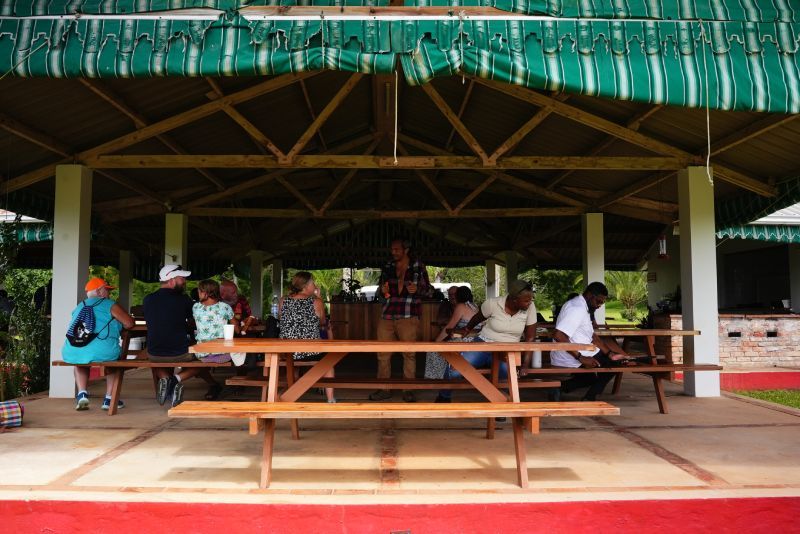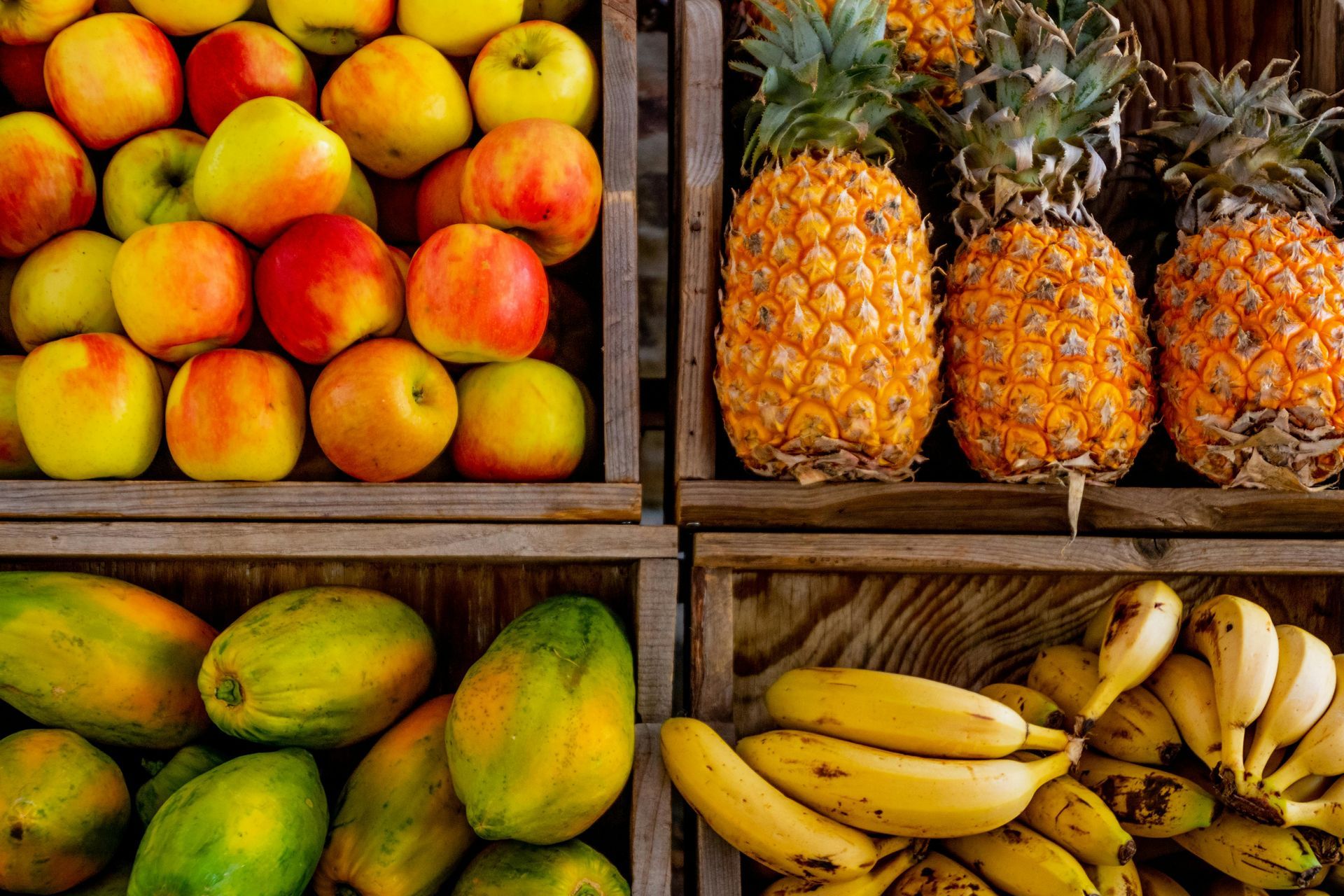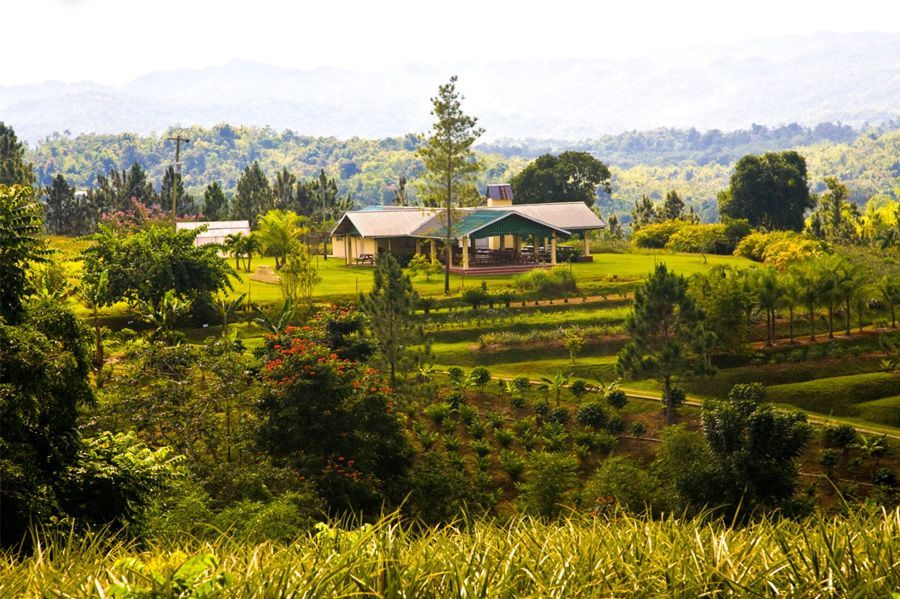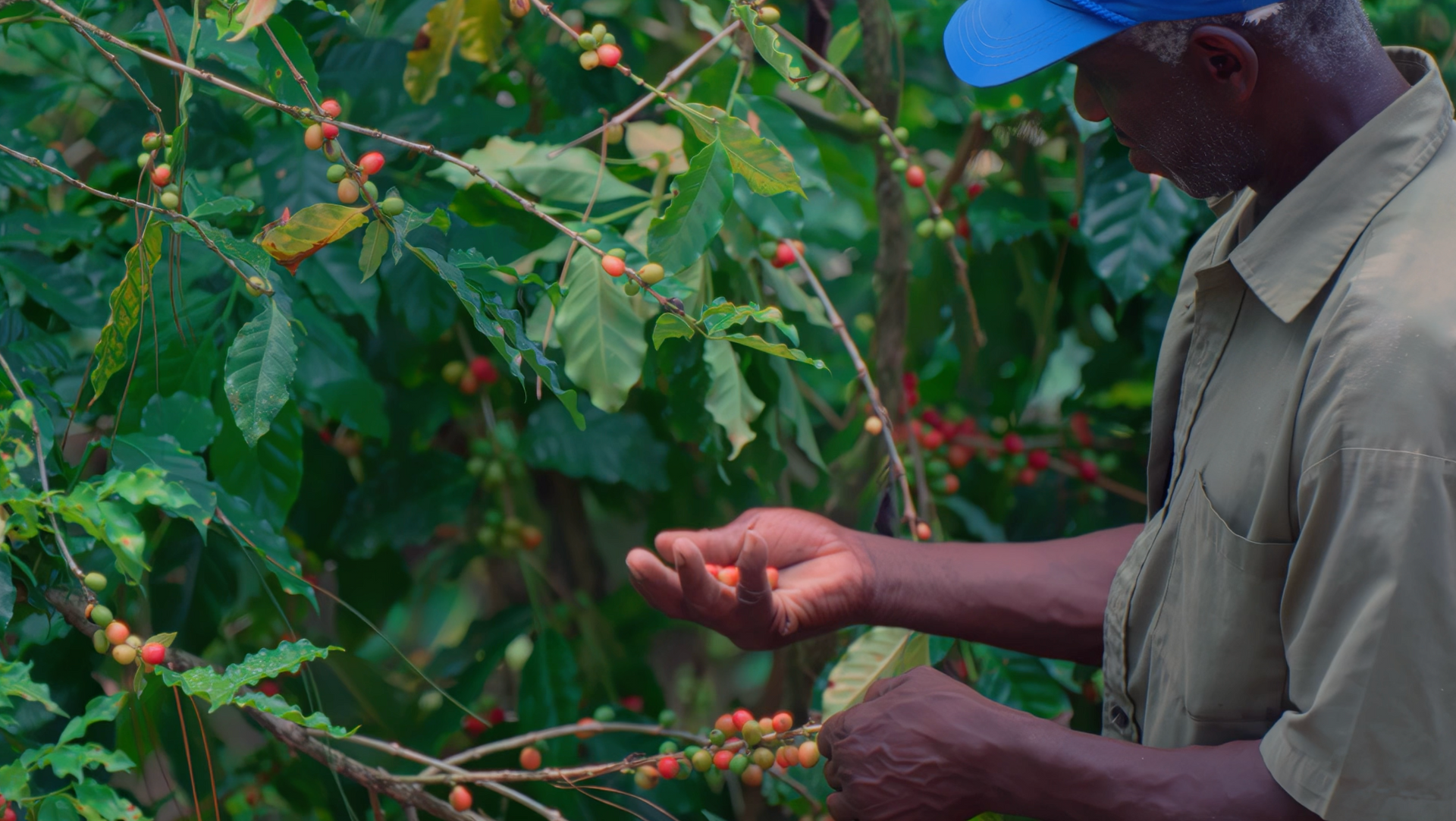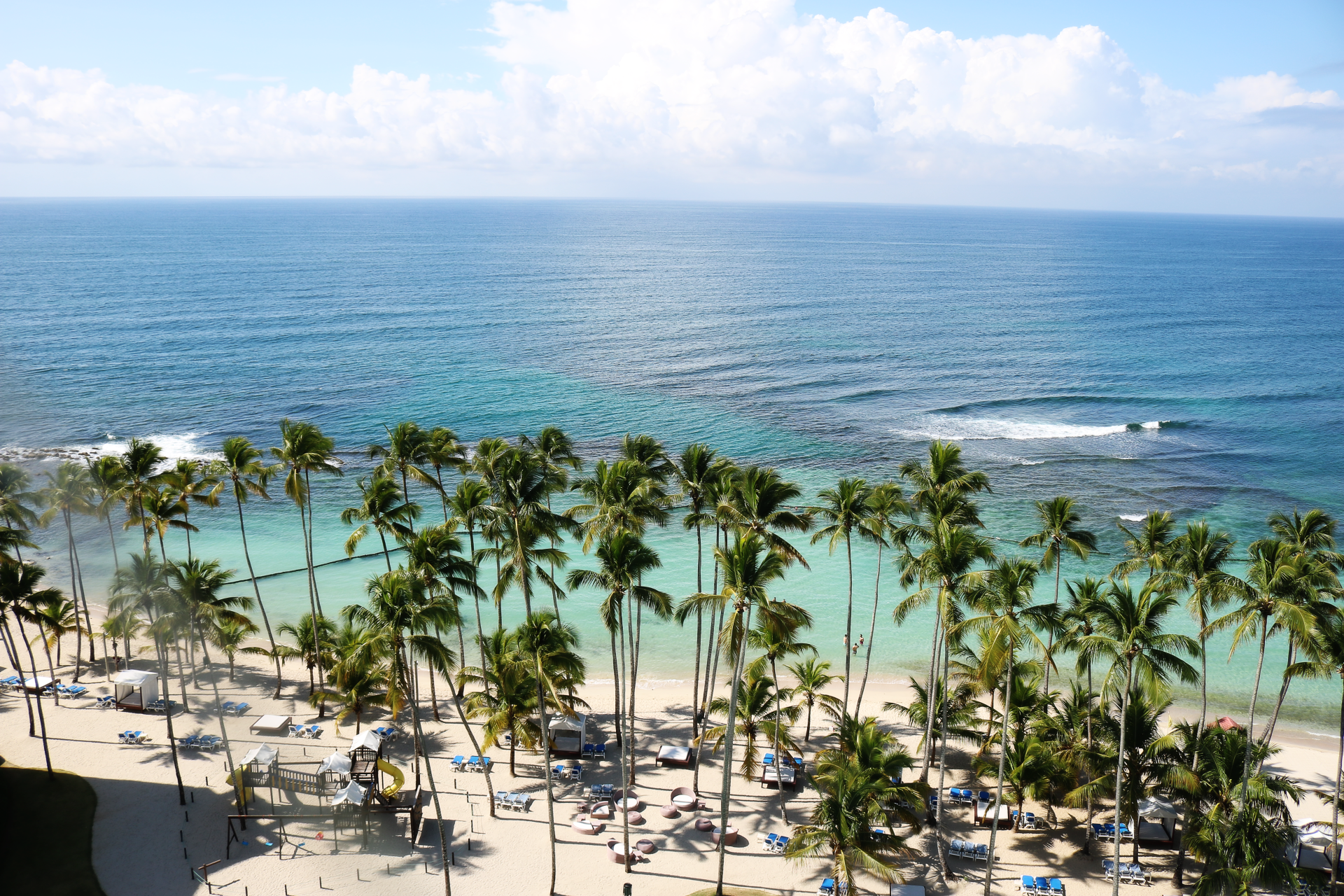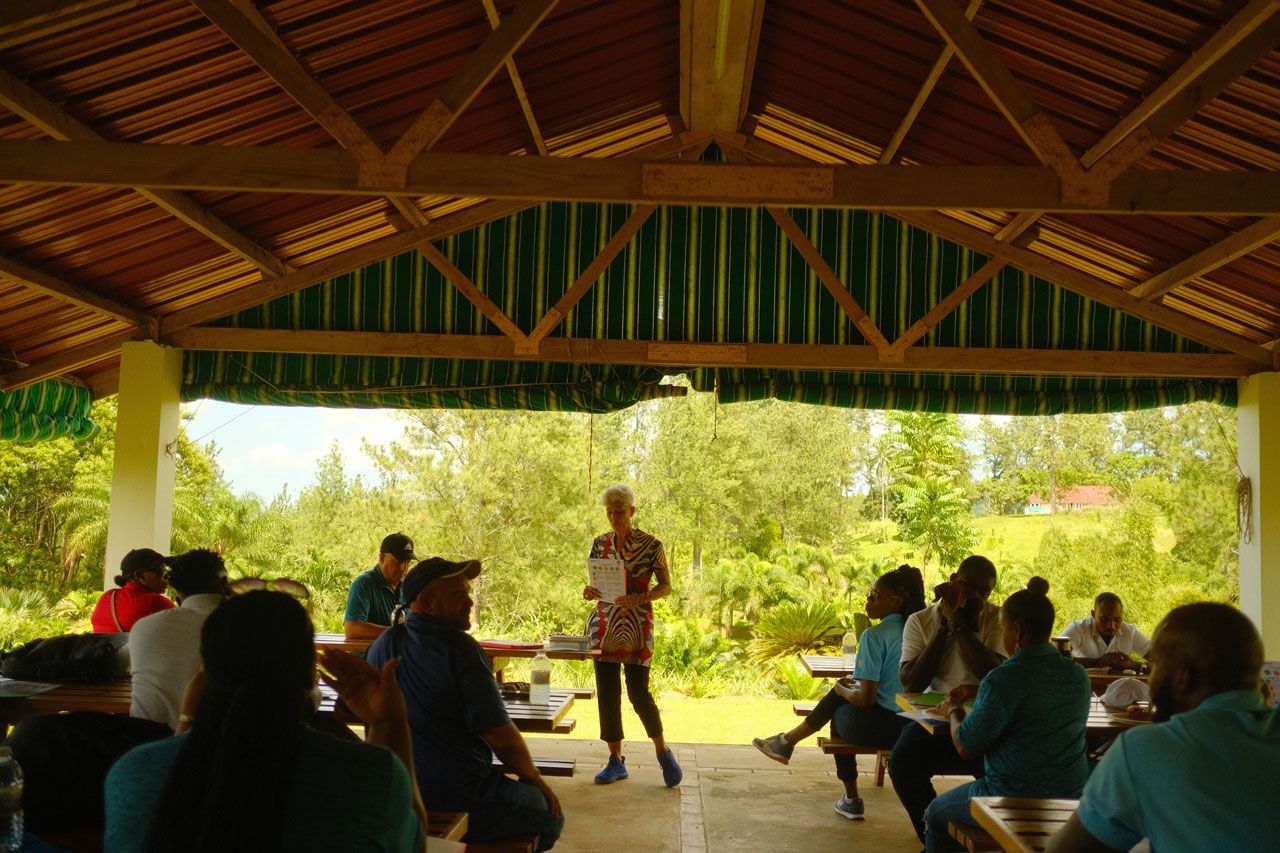Exploring Agritourism in Jamaica: Sustainable Travel and Local Agriculture
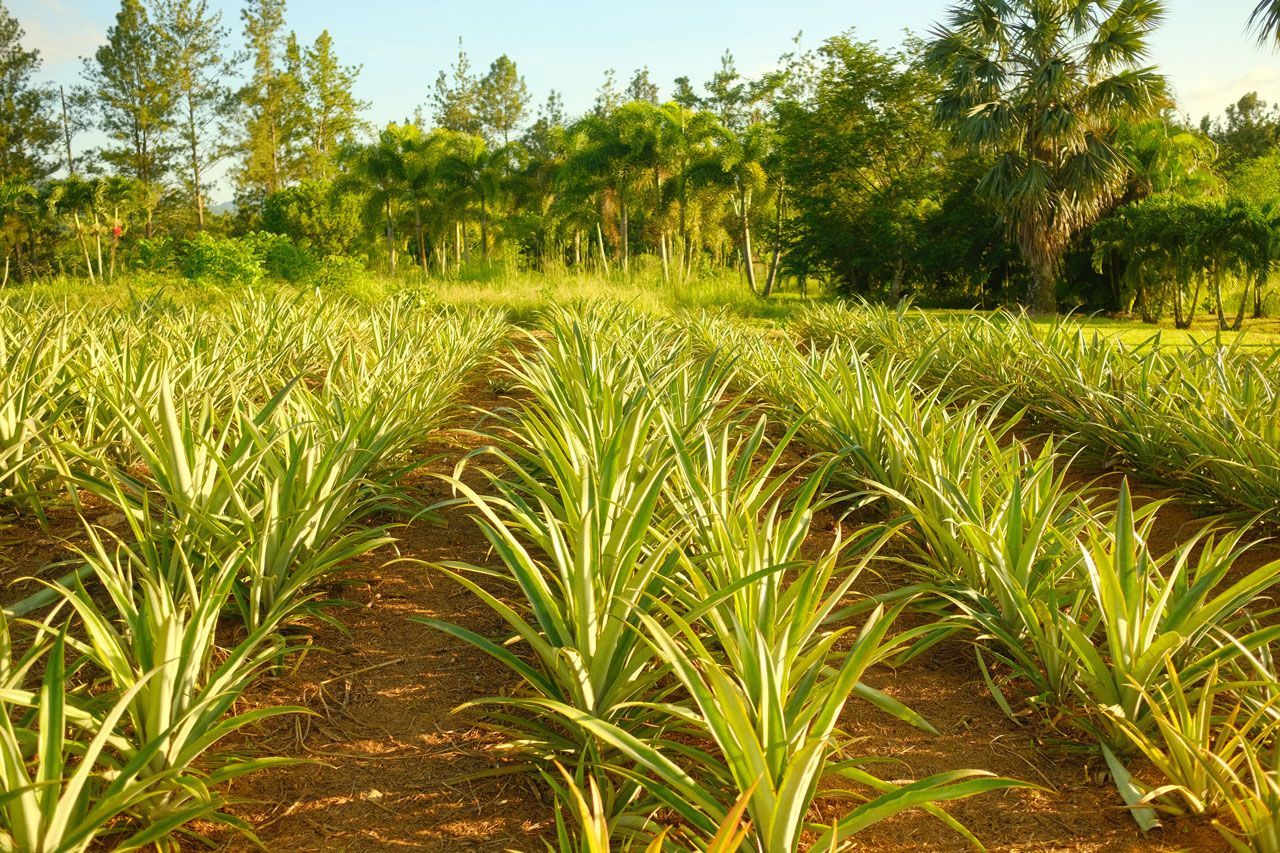
Jamaica, a lush island nation celebrated for its picturesque beaches and vibrant culture, is rapidly becoming a beacon for agritourism—an innovative fusion of
agriculture
and
tourism. This burgeoning sector invites travelers to delve into the authentic Jamaican experience, marked by an immersive journey through its rich agricultural heritage. With agritourism, visitors not only explore the scenic landscapes but also engage directly with local farming practices, blending cultural understanding with sustainable tourism efforts.
The Historical Roots of Jamaican Agriculture
Agriculture has always been the backbone of Jamaica's economy, with traditional crops such as sugarcane and coffee playing pivotal roles. The history of Jamaican agriculture is a tale of both colonial legacies and local innovations. Sugarcane, introduced by Spanish settlers and expanded under British colonial rule, once dominated the island's agricultural output. Meanwhile, coffee, first planted in the fertile Blue Mountains, quickly gained international acclaim for its high quality.
As global tourism trends evolve, Jamaica has adeptly transitioned from traditional agriculture to agritourism, redefining its agricultural practices to cater to an eco-conscious audience. This shift not only preserves the historical essence of Jamaican farming but also adapts it to contemporary environmental and economic needs.
Traditional Crops and Their Role in Agritourism
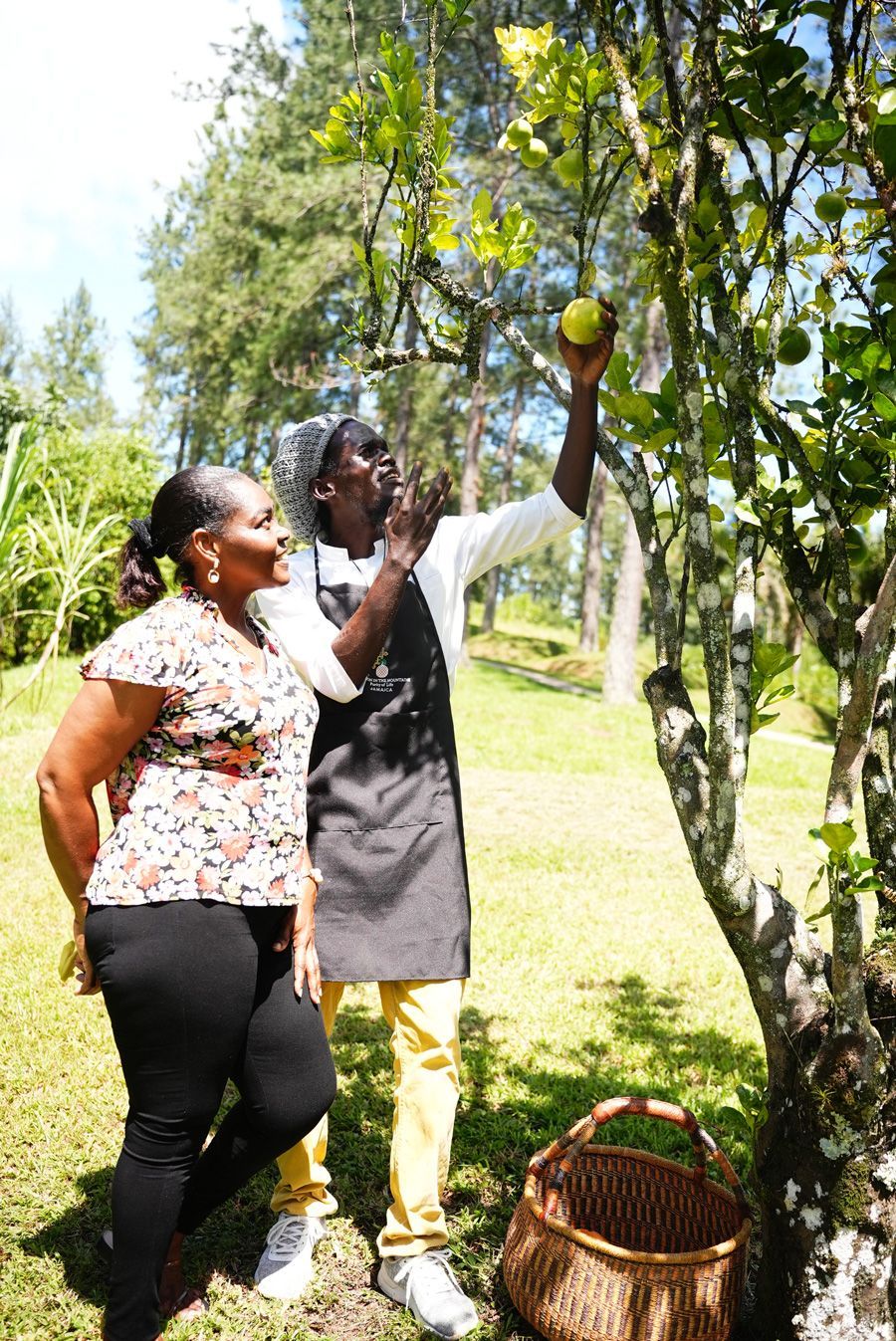
Beyond sugarcane and coffee, Jamaica's agricultural landscape is rich with bananas, spices, and other tropical fruits, each contributing uniquely to the agritourism narrative. Farms offering tours and tastings highlight how these crops are grown, harvested, and processed, providing visitors with hands-on experiences. For instance, spice farms reveal the cultivation of pimento and ginger, staples in Jamaican cuisine, while banana plantations discuss the impact of these crops on the local economy and culture.
Exploring Key Agritourism Experiences in Jamaica
Jamaica's agritourism is diverse, with experiences ranging from coffee plantation tours in the mist-covered Blue Mountains to vibrant farm-to-table experiences and aromatic herb and spice tours.
Coffee Plantations
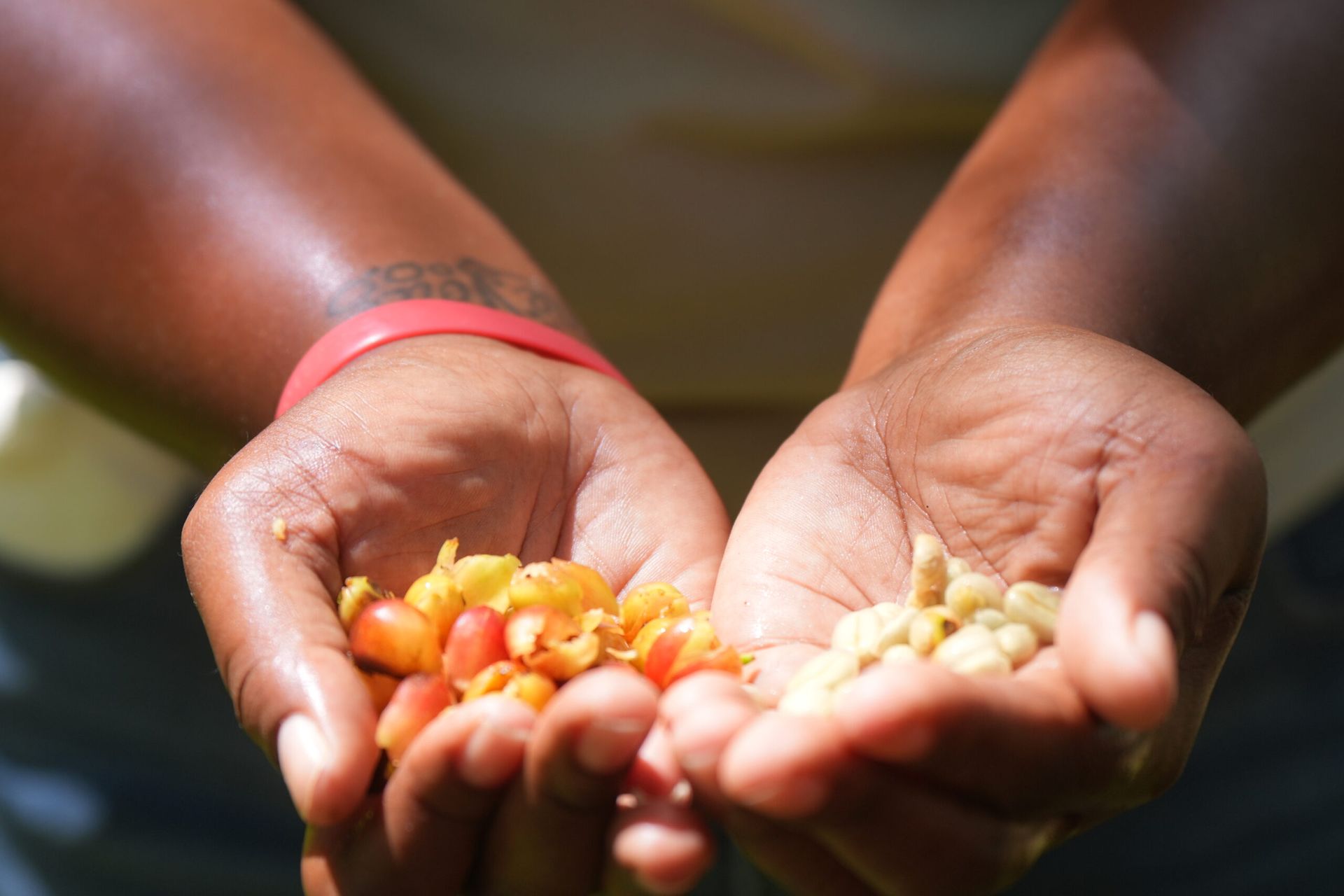
In the renowned Croydon Estate, coffee plantation tours exemplify Jamaican agritourism. These tours not only showcase the meticulous process of coffee cultivation but also emphasize the economic and social benefits provided to local communities. Visitors learn about the journey from bean to cup, experiencing the aroma of freshly roasted Jamaican coffee, a product that has carved a niche in the global coffee market.
Farm-to-Table Tours
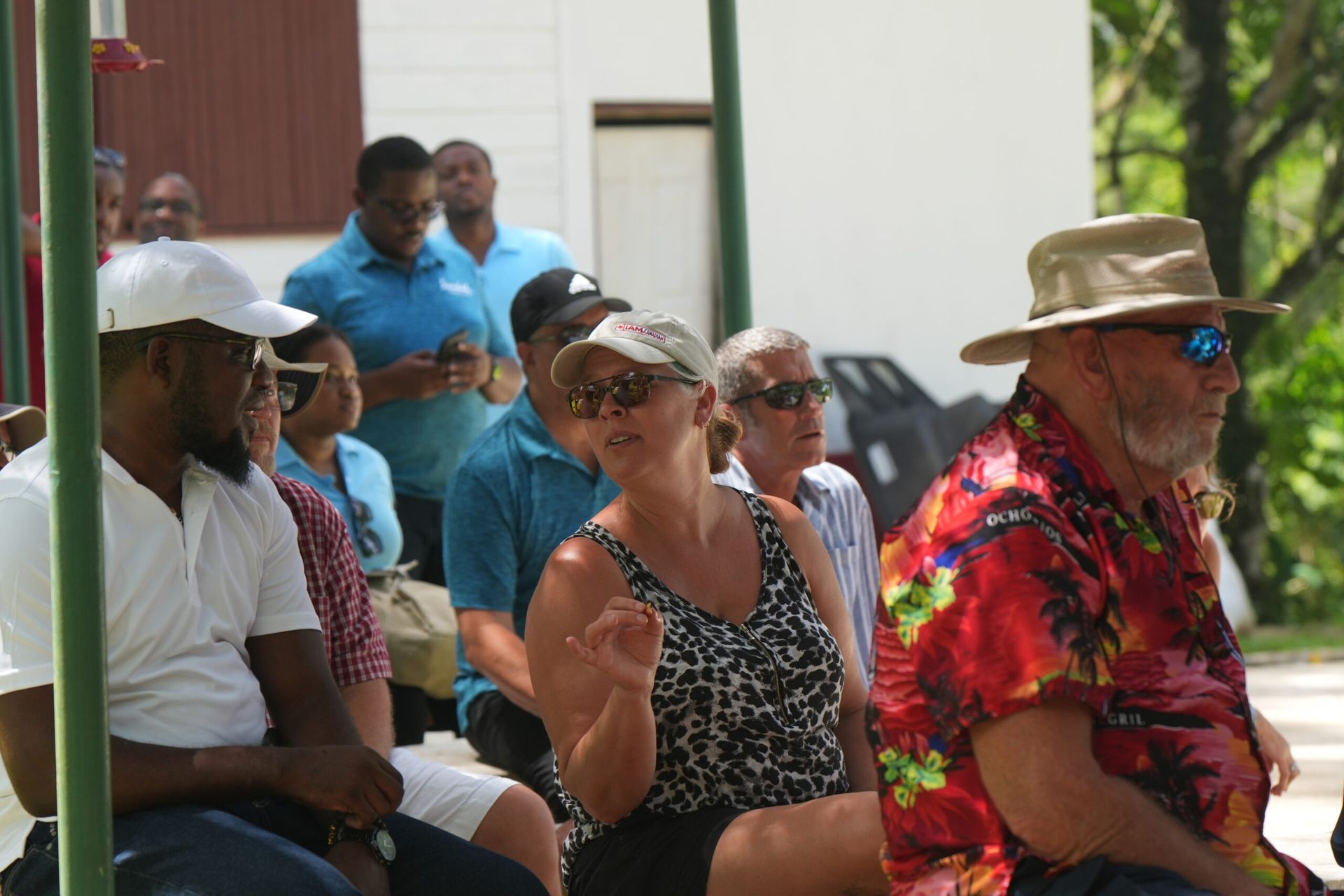
Farm-to-table tours offer a culinary dive into Jamaica's rich palette of flavors, where visitors participate in the harvesting and preparation of meals. These experiences often culminate in cooking sessions where traditional dishes like jerk chicken and curried goat are prepared with ingredients picked straight from the garden, offering a taste of genuine Jamaican hospitality and cuisine.
Herb and Spice Gardens
Herb and spice gardens are essential to Jamaica's agritourism, with guided tours that explore the cultivation of native spices and their uses in both cooking and traditional medicine. These tours not only educate visitors about the agricultural processes but also about the cultural significance of each spice.
The Economic and Cultural Impact of Agritourism
Agritourism isn't just a buzzword—it's a lifeline for many rural communities in Jamaica. Have you ever wondered how your visit to a local farm or vineyard contributes to the community? By engaging with agritourism, travelers provide essential income that supports local agriculture and preserves cultural heritage.
This shift towards rural tourism also diversifies the Jamaican tourism scene beyond its famous beaches. It's not only about sun and sand anymore; it's about experiencing the authentic Jamaica. From coffee plantations in the Blue Mountains to sugarcane fields in the west, each visit helps to tell the full story of this vibrant island.
Strengthening Rural Economies Through Agritourism
Agritourism provides a crucial financial boost to Jamaica's small-scale farmers. Instead of relying solely on traditional agricultural exports, which can be unpredictable, these farmers gain a more stable source of income. This stability helps them invest back into their farms and communities.
By reducing dependency on exports, agritourism helps rural areas develop a more diversified economy. Ever thought about the difference it makes when you choose a farm tour over a typical tourist spot? You're directly supporting innovative farming practices and sustainable development.
The result? More resilient rural communities that can withstand economic pressures better than those dependent on a single industry. Agritourism not only preserves local culture and traditions but also ensures that economic benefits are felt across the community.
Preserving Cultural Heritage
Agritourism serves as a platform to preserve and share Jamaica's agricultural heritage, promoting a deeper appreciation for the island's history and its agricultural advancements.
Challenges and Future Opportunities in Agritourism
Agritourism faces its set of challenges, from infrastructure demands to ensuring that growth is sustainable. For instance, how can rural areas develop the necessary facilities without compromising their natural charm? Balancing modernization with conservation is key to maintaining the allure that attracts visitors in the first place.
Infrastructure and Marketing Needs
Agritourism's growth in Jamaica hinges on improving infrastructure and enhancing marketing strategies. Roads, signage, and visitor facilities need upgrades to handle increased traffic and provide a better tourist experience. Have you considered how smoother access and better amenities could transform a local farm visit?
Additionally, effective marketing is crucial to put Jamaican agritourism on the map. Digital marketing strategies, including social media and online travel reviews, can significantly boost visibility. How often do travelers choose destinations based on Instagram posts or travel blogs?
Investing in these areas not only supports tourism but also ensures that visitors leave with a positive impression and a desire to return. Future campaigns could focus on highlighting the uniqueness of Jamaica's agritourism, enticing more visitors to explore beyond the beaches.
Supportive Policies and Investments for Sustainable Agritourism
The expansion of agritourism in Jamaica relies heavily on supportive policies and strategic investments. Government and private sector collaboration is essential to craft policies that foster sustainable tourism practices. Have you thought about the impact of incentives for eco-friendly farming or tourism operations?
Investments are equally crucial, not just in physical infrastructure but also in training and development for local communities. This ensures that the benefits of agritourism extend to all stakeholders, enhancing the skills and opportunities available to them. Imagine the potential when local farmers are equipped to manage both agriculture and tourism effectively.
With the right support, agritourism can serve as a model for sustainable economic development, preserving Jamaica’s natural and cultural heritage while propelling it forward. The commitment to sustainable practices will likely attract more conscientious travelers, contributing to a flourishing tourism sector.
The Bright Future of Agritourism in Jamaica
Agritourism in Jamaica is not just an alternative travel experience; it's a sustainable pathway that enriches both visitors and local communities. As the sector expands, supported by necessary infrastructure, marketing, and supportive policies, it promises a robust future. This commitment to sustainable tourism not only preserves Jamaica's rich cultural heritage but also enhances the economic stability of its rural areas.
If you're seeking a premier agritourism experience in Jamaica, consider a visit to Croydon Plantation in the stunning Catadupa Mountains. Immerse yourself in the agricultural heritage of this celebrated estate, honoring the legacy of Jamaican hero Samuel Sharpe. Join us for a transformative journey that connects you with authentic Jamaican culture and contributes positively to the local community. Experience
Croydon In The Mountains—where every visit enriches both you and Jamaica.


